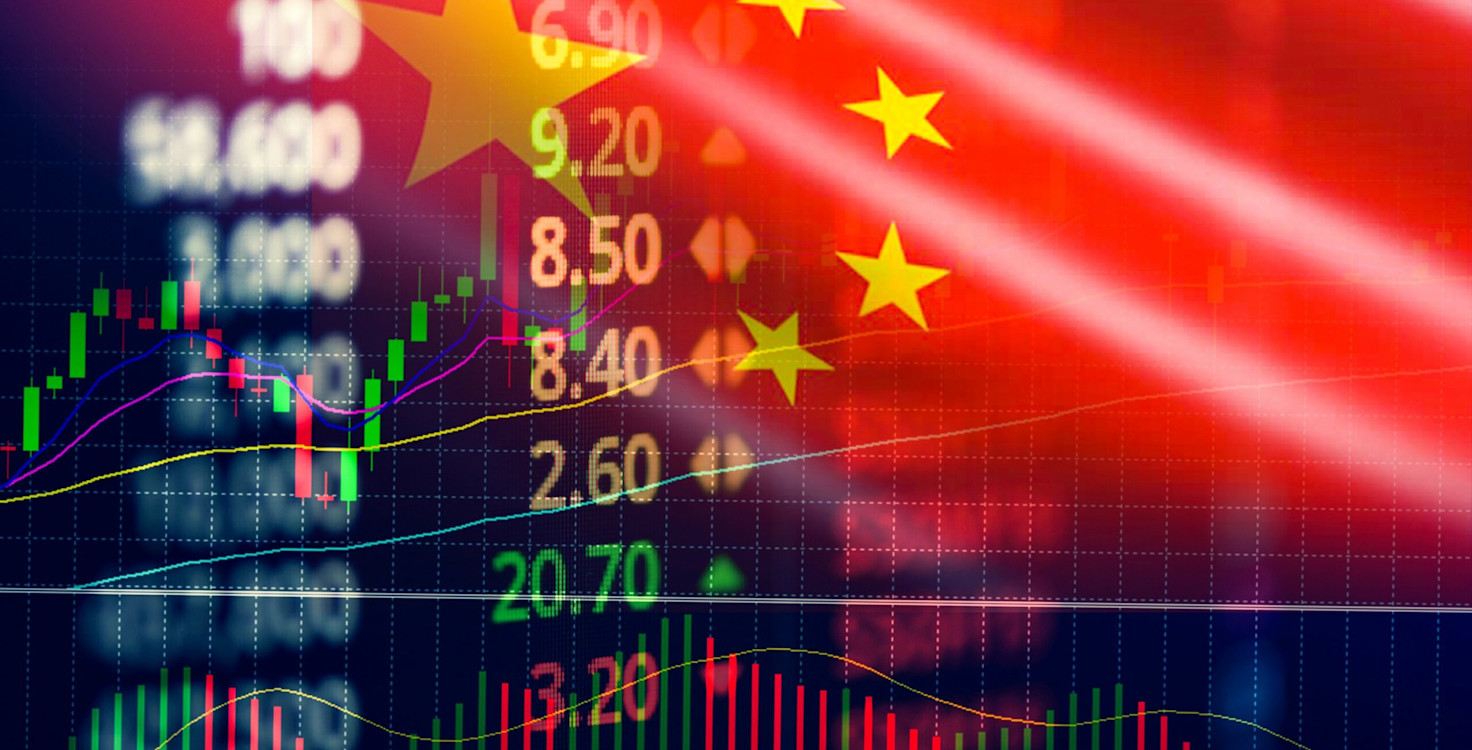China’s economic growth has had a significant negative impact on worldwide emissions, to which it now contributes 27%. Recognising its global role in the fight against climate change, President Xi Jinping publicly agreed to match the EU’s climate ambitions and reach net zero by 2060, thus creating a long-term decarbonisation strategy and the “30.60” goals. Corporate engagement will be vital to meet these objectives as private sector companies will look to transition towards low-carbon business models without sacrificing long-term financial opportunities. It will also be imperative that the government creates credible climate policy goals and industry-focussed frameworks to enable companies to model long-term ESG risks within their corporate strategy and consequently allow investors to better guide capital flows.
Why Chinese ESG reporting needs to improve
Responsible investing is not new to China, with domestic companies responding to policies surrounding domestic consumption, rural revitalisation, and carbon transition by increasing efforts to embed Corporate Social Responsibility (CSR) within their organisations over the last decade. However, an enhanced global focus on ESG data, as well as greater investor demand, has meant that many CSR policies are now insufficient. Demand for more transparent Chinese corporate ESG reporting has been compounded over the last decade, with foreign businesses and foreign investors looking to apply their ESG standards to China. While corporate disclosure is increasing, the formalised “Western” framework for ESG criteria has not yet fully penetrated Chinese reporting. To resolve this, clarity will be key in showcasing the ESG frameworks and disclosures required by domestic regulators and global investors.
One nation, multiple reporting requirements
Although there has been increased willingness to disclose corporate governance in China, the lack of standardised ESG disclosure frameworks remains an issue, with numerous national frameworks in existence. Indeed, CSI 300 companies currently follow nine guidelines from various regulators and exchanges. Additionally, different rating providers diverge in their frameworks adding to the confusion. This has resulted in disparate corporate disclosure and low ESG coverage as many firms either report in accordance with local norms and requirements or look to report on those indicators which are the “easiest” to determine.
The Coller FAIRR Protein Producer Index provides a comprehensive assessment of the ESG risks and opportunities within intensive animal production across 60 of the largest global protein suppliers. Chinese companies account for c40% of the total market cap. Our analysis shows that companies listed on the Hong Kong Stock Exchange provide more transparent ESG reporting than those listed on the Shenzhen or Shanghai Stock Exchanges.
Benefits of mandatory disclosure
Mandatory disclosure across the region is essential to standardise terminology and allow both domestic and international investors to determine best practice. In turn, this could attract greater capital flows as it would garner greater investor interest in environmental and social performers and reward best in class industry players.
At present, each of the 3 indices has its own ESG disclosure policy in place, with HKEX containing mandatory disclosure on board oversight and climate-related issues (among others). There is no sector or market-cap standardisation, resulting in different reporting methods, differing notions of materiality and a range of metrics being used. This results in inconsistent reporting and makes it difficult for investors to accurately compare corporate ESG integration. Yet mandatory ESG reporting requirements from the HKEX appear to have made a positive impact in some areas, with HK listed companies scoring better on sustainability governance (at 32%) than the Index (27% average).
ESG reporting is on the rise
If China’s 30:60 targets are to be met, businesses will need to transition to lower carbon business models and corporate reporting will be compelled to include ESG metrics. State-owned enterprises are likely to take the lead on the implementation of green finance and disclosure if this becomes a government priority which in turn will encourage other corporates to follow and enable China to take a significant leap in their ESG reporting. The China Securities Regulatory Commission (CSRC) recognises both the need for improved disclosure and the financial opportunity it affords. Having coordinated with international organisations to develop global standards, the CSRC published new guidelines in June 2021. These new rules require companies to disclose pollutant emissions, environmental impact and administrative penalties from environmental issues which in aggregate should create a meaningful impact.
Consistent disclosure & robust methodology will be key to net zero
If China is to meet its net-zero goals, a rigorous ESG framework and mandatory disclosure from corporates will be key. The government is pushing for a standardised reporting framework for A-Share listed companies the foundation of which may well be based on international metrics such as the TCFD or the EU taxonomy. However, China must ensure high-quality disclosure across all sectors and all market caps which will require efforts from index providers, regulators and corporates. With improving disclosure rules, it is likely that ESG reporting in China will rapidly improve – led by state-owned enterprises and large-cap companies. This will mean that the issue of insufficient data to assess Chinese corporate performance will become outdated. With government scrutiny in force, the quality of disclosure could match (or even exceed), that of their Western counterparts and provide investors with the long-overdue transparency they need to understand potential risks and opportunities and enable Chinese companies to further attract international capital investment.
FAIRR insights are written by FAIRR team members and occasionally co-authored with guest contributors. The authors write in their individual capacity and do not necessarily represent the FAIRR view.











